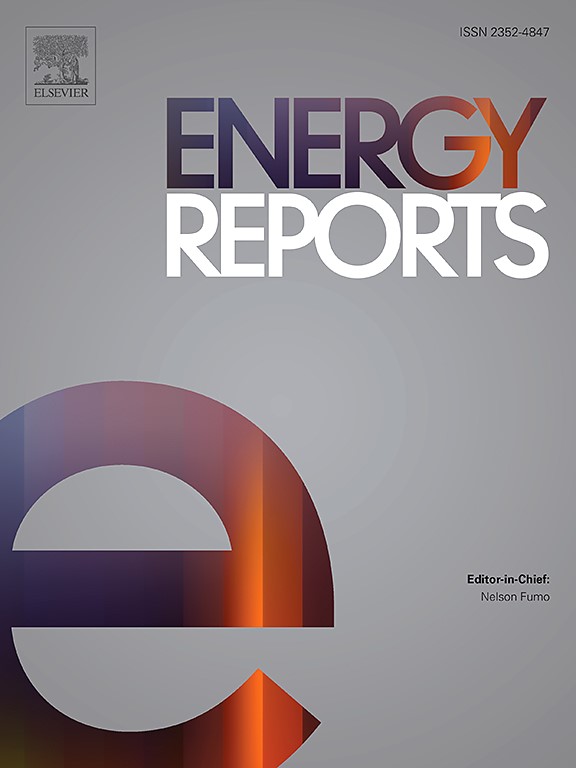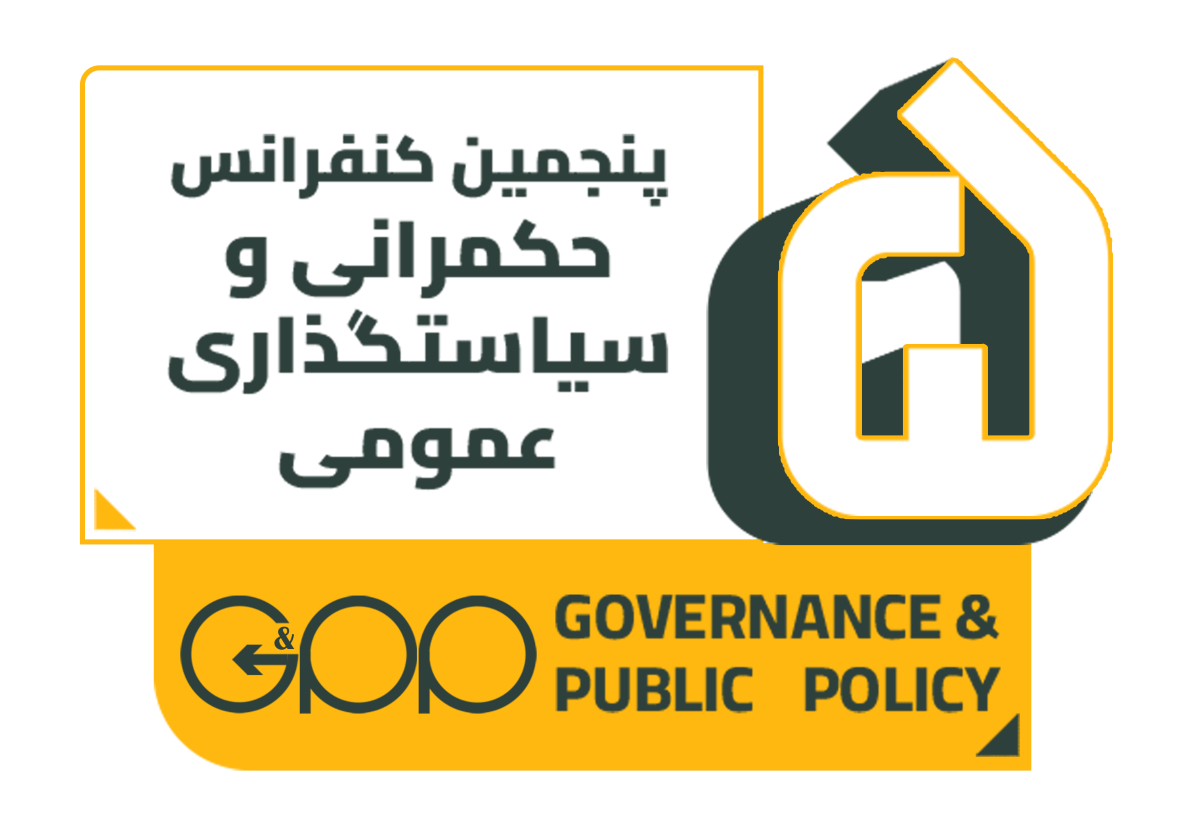abstract
The demand for natural gas as a transitional fuel has been increasing steadily due to global energy transitions. However, the high concentration of natural gas sources among a few producers and the dependence of many consuming economies raises questions about the macroeconomic impact of gas price shocks. Therefore, this study utilizes the global vector autoregressive (GVAR) approach to estimate the spillover effects of natural gas price shocks on key macroeconomic indicators. To enhance the GVAR data vintage, we have incorporated Iran and Russia in 24 countries and updated data till 2020. Our empirical analysis reveals that inflation responds positively to gas price hikes in major gas-consuming countries. Moreover, real GDP responds positively to increased gas prices in resource-rich countries such as Iran and Russia but negatively in other countries. Additionally, an augmentation of resource rents fosters GDP for Iran and Russia. Our findings highlight several policy implications that account for gas price shocks. Therefore, policymakers should consider the spillover effects of gas price shocks and their impact on inflation and real GDP. Moreover, resource-rich countries like Iran and Russia should optimize resource rents to foster economic growth.



 سید رضا میرنظامی
سید رضا میرنظامی




